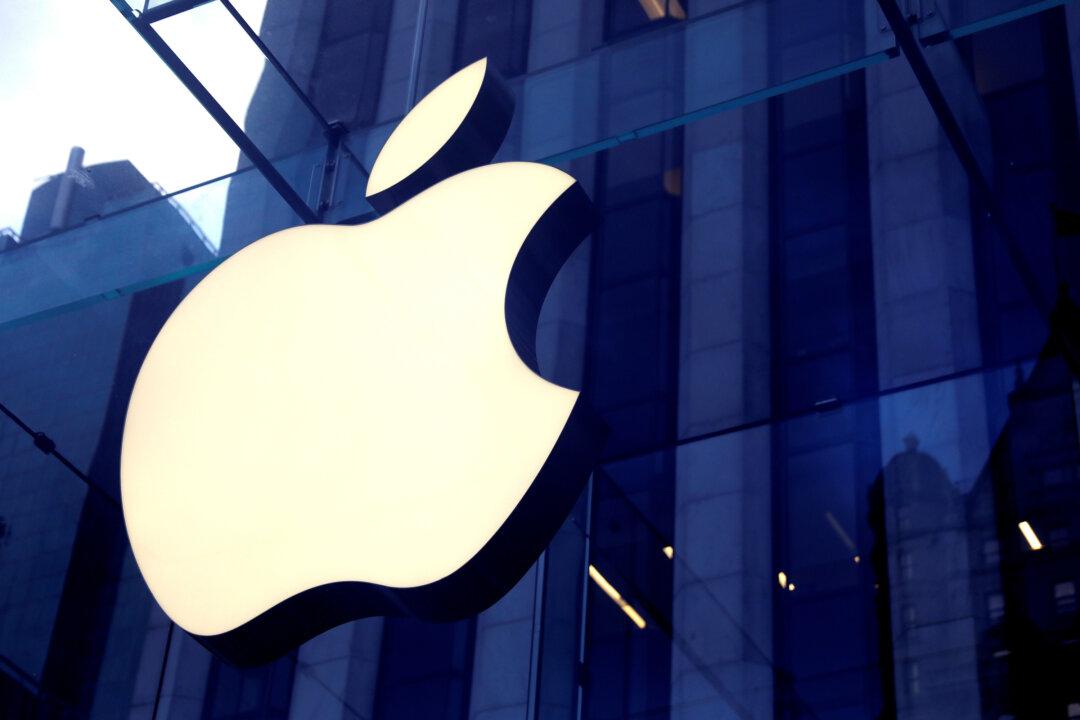Attorney General William Barr has expressed disappointment at Apple for allegedly failing to provide assistance to investigators who were attempting to gain access to two iPhones used by the Pensacola shooter while accusing the technology company of double-standards in how it handles its security requests.
The criticism was made during a press conference on Monday when federal authorities announced that the FBI had successfully broken through the encryption of two iPhones used by Mohammed Alshamrani, who launched a terror attack at the Pensacola Naval Air Station in Florida in December last year, killing three U.S. sailors and wounding eight other Americans. Alshamrani was a flight student at Pensacola, where members of foreign militaries are routinely trained by the United States.




